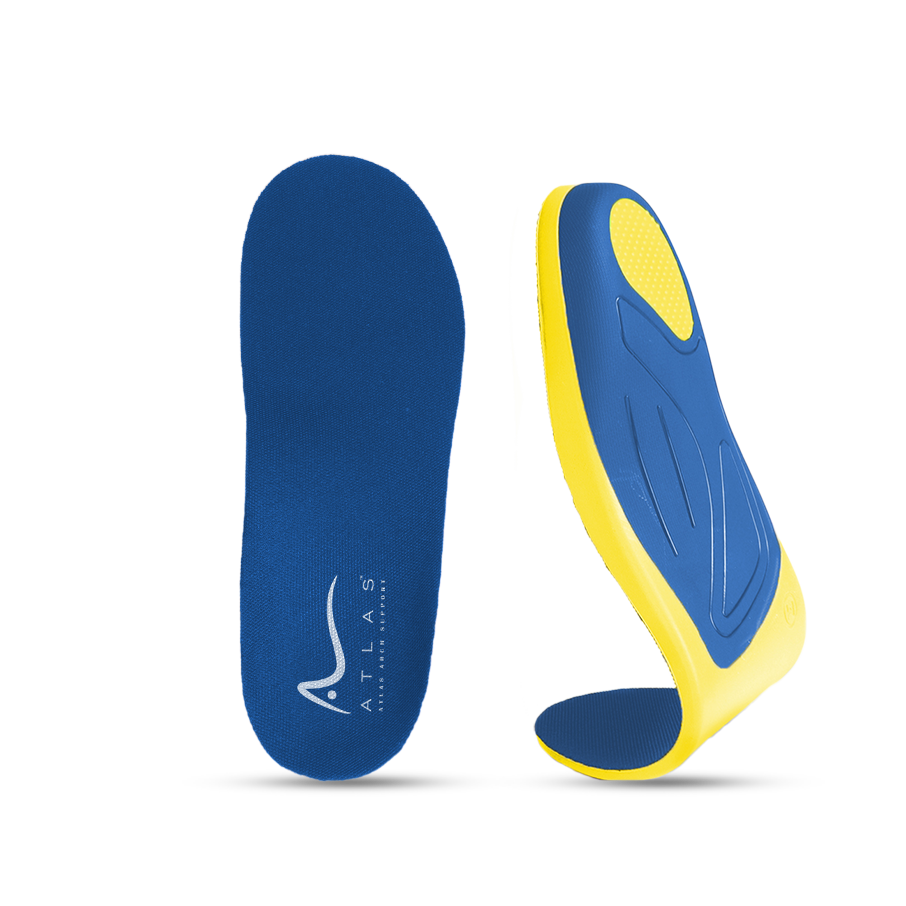Hammertoe, a common foot ailment characterized by a deformity in the toe, can cause significant discomfort and mobility issues. However, there are effective ways to manage and relieve the symptoms associated with this condition. This article explores a range of exercises and footwear recommendations designed to strengthen toe muscles, enhance flexibility, and reduce pain.
Key Exercises for Hammertoe Relief
Exercises targeting hammertoe relief focus on enhancing flexibility, strength, and overall foot health. By incorporating specific exercises into your daily routine, you can alleviate the symptoms of hammertoes, improve foot function, and potentially slow the progression of this condition. Here's a detailed look at key exercises beneficial for individuals experiencing hammertoe discomfort.
Toe Stretches
Toe stretches are essential for relieving stiffness and improving the flexibility of the toes. This exercise involves:
- Method: Sit comfortably with your feet flat on the ground. Extend one leg and grasp your toes, gently pulling them back towards your ankle. This stretches the underside of your foot and the toes.
- Frequency: Perform this stretch for 5-10 seconds per toe, repeating 2-3 times per session, and aim for at least two sessions per day.
- Benefits: Regular toe stretching can help mitigate the pain and stiffness associated with hammertoes, promoting greater toe movement and flexibility.
Towel Scrunches
Towel scrunches strengthen the muscles under the feet and toes, offering support to the foot's arch and improving toe flexibility.
- Method: Place a towel flat on the floor under your feet. Using just your toes, scrunch the towel towards you, then push it away. Keep your heel firmly on the ground throughout the exercise.
- Frequency: Aim for 2-3 sets of 10-15 scrunches per foot, daily.
- Benefits: This exercise strengthens the foot muscles, which can help correct or prevent the imbalances that contribute to hammertoe formation.
Marble Pick-ups
Picking up marbles with your toes improves dexterity and strengthens the muscles in your toes and the arch of your foot.
- Method: Scatter a few marbles on the floor and place a cup nearby. Using only your toes, pick up each marble and drop it into the cup.
- Frequency: Try to pick up 10-15 marbles per foot, aiming for 2-3 rounds daily.
- Benefits: Marble pick-ups enhance toe flexibility and strength, which are crucial for managing hammertoe symptoms and promoting healthier foot mechanics.
Toe Extensions with Resistance
Using rubber bands for resistance helps strengthen the extensor muscles, which run along the top of your foot and toes.
- Method: Loop a rubber band around the toes of one foot, providing resistance as you attempt to straighten your toes. Ensure the band's tension is moderate but not overly tight.
- Frequency: Perform 10-15 extensions for 2-3 sets per foot, daily.
- Benefits: This exercise targets the extensor muscles, balancing the strength between the top and bottom of the foot, which can help correct hammertoe misalignments.
Ball Rolling
Rolling a small ball under your foot can relieve tension, enhance circulation, and reduce discomfort associated with hammertoes.
- Method: Sit in a chair and place a small, firm ball (like a golf ball or a special foot massage ball) under your foot. Gently roll the ball under your foot, focusing on the arch and the base of the toes.
- Frequency: Spend 2-3 minutes per foot, ideally performing this exercise at least once daily.
- Benefits: Ball rolling helps loosen the muscles and fascia under the foot, providing relief from tension and pain. It also improves blood flow to the area, aiding in recovery and health maintenance.
Integrating these exercises into your daily routine can provide significant relief from hammertoe symptoms and contribute to overall foot health. Always consult with a healthcare professional before starting any new exercise regimen, especially if you have existing health conditions or concerns.
Footwear Tips for Hammertoe Relief
- Wide Toe Box: Choose shoes with a spacious toe box to reduce pressure on the toes.
- Soft Materials: Opt for shoes made from flexible materials to accommodate the shape of your foot.
- Low Heel Height: Lower heels can help minimize pressure on the front of your feet.
- Adjustable Features: Look for shoes with laces or straps for a customizable fit.
- Orthotic-Friendly: Select shoes that can accommodate custom orthotics for targeted support.
- Proper Arch Support: Ensure your shoes provide adequate arch support to distribute body weight evenly.
Surgical Options for Hammertoe
When conservative measures are insufficient, surgery may be considered to correct the deformity and relieve pain. Surgical options vary based on the severity and flexibility of the hammertoe, ranging from tendon transfers and joint resection to fusion and implantation of devices. Recovery expectations and long-term benefits, such as pain relief and improved functionality, should be discussed with a healthcare professional.
Lifestyle and Nutritional Support
In addition to exercises and footwear adjustments, lifestyle modifications and nutritional support play a crucial role in managing hammertoe. Maintaining a healthy weight, monitoring foot health, choosing supportive footwear, and adopting a balanced diet rich in essential nutrients can all contribute to improved foot health and quality of life.
Conclusion
Hammertoe need not limit your mobility or comfort. By adopting the right exercises, making informed footwear choices, and considering surgical interventions when necessary, you can take proactive steps towards managing hammertoe effectively. Early intervention and informed decisions are key to overcoming the challenges posed by this condition.




